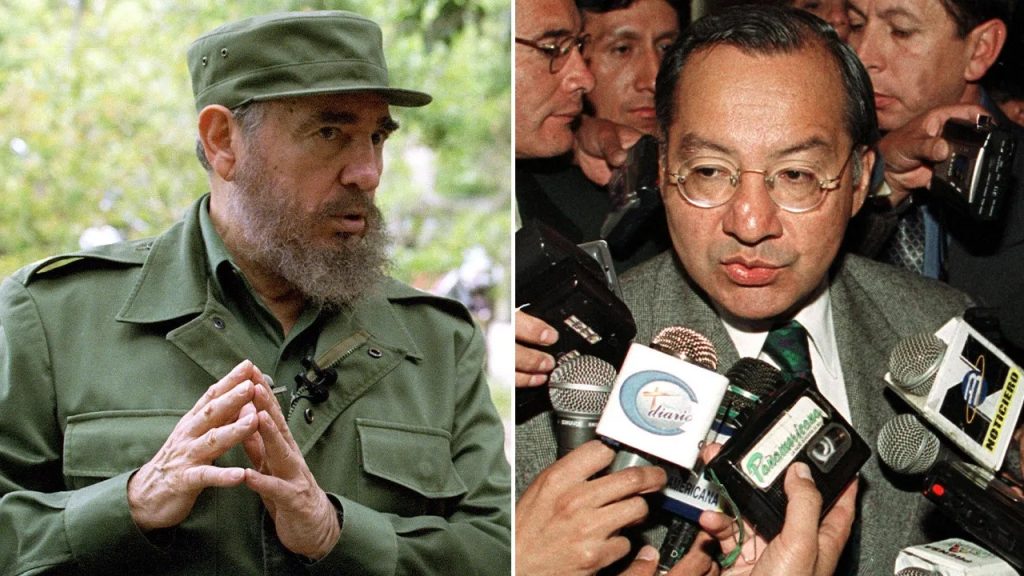Former National Security Council member and U.S. ambassador to Bolivia, Victor Manuel Rocha, was sentenced to 15 years in prison for acting as an agent for the government of Cuba. Rocha admitted to betraying his oath of loyalty to the United States due to the radical politics he was exposed to during his college years. He blamed his commitment to radical social change in the region for leading him to work against the U.S. government for decades on clandestine intelligence-gathering missions for communist Cuba.
Rocha graduated from Yale University in 1973 and went on to earn master’s degrees from Harvard University and Georgetown University. He served on the National Security Council from 1994 to 1995 and as U.S. Ambassador to Bolivia from 2000 to 2002. According to a criminal complaint, Rocha used his position in the State Department between 1981 and 2002 to obtain classified information and influence U.S. foreign policy. Despite leaving the government 22 years ago, Rocha continued to work for Cuban intelligence operatives and maintain his secret status by providing false information to the U.S.
After leaving the foreign service, Rocha settled in Miami and worked as a businessman in the private sector. He claimed that he no longer sees the world through radical eyes and has focused on his family and children’s education. Rocha admitted his actions during his earlier career working for the government caused great pain to his family, former colleagues, and friends. He took full responsibility for his actions and accepted the penalty of 15 years in prison, a $500,000 fine, three years of supervised release, and a special assessment.
Rocha pleaded guilty to conspiring to act as an agent of a foreign government and conspiring to defraud the U.S. for not notifying as required by law. He was sentenced to the statutory maximum penalty and must cooperate with the U.S. for any damage assessment related to his work on behalf of Cuba. Rocha must also relinquish all future retirement benefits and assign any profits from publications related to his criminal conduct or government service to the U.S. Representative Carlos Gimenez called Rocha a traitor and urged for the maximum sentence, questioning the sincerity of Rocha’s statement of allocution.
The case of Victor Manuel Rocha serves as a reminder of the dangers of radical politics and the potential consequences of betraying one’s country. Despite his academic achievements and successful transition to the private sector, Rocha’s actions in working for Cuba had long-lasting repercussions. His admission of guilt and acceptance of responsibility are crucial steps towards making amends for his betrayal. The sentence imposed on Rocha reflects the seriousness of his crimes and the need for accountability in cases of espionage and foreign influence.


